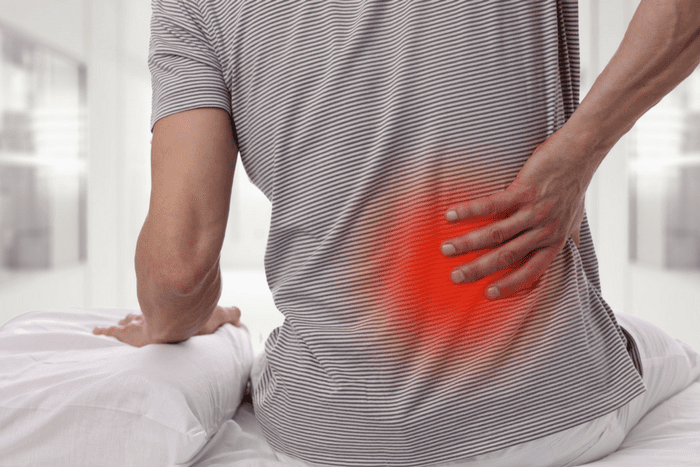
King’s College Hospital London helps understand back pain and how to maintain a healthy back
How does back pain affect us?
Back pain is one of the most common reasons people go to the doctor or miss work and is a leading cause of disability worldwide. Most people have back pain at least once in their lives. It affects both children and adults, with men and women affected almost equally.
Fortunately, you can take measures to prevent or relieve most back pain episodes. If prevention fails, simple home treatments and exercises often will heal your back within a few weeks and keep it functional for the long haul. Surgery is rarely needed to treat back pain.
Symptoms
Signs and symptoms of back pain may include:
- Muscle ache
- Shooting or stabbing pains
- Pain that radiates down your leg
- Limited flexibility or range of motion of your back
When to see a doctor
Most back pain gradually improves with home treatment and self-care, usually within two weeks. If not, see your doctor.
In rare cases, back pain can signal a serious medical problem. Seek immediate care if your back pain:
- Causes new bowel or bladder problems
- Is accompanied by fever
- Follows a fall, blow to your back or other injury
Contact a doctor if your back pain:
- Is severe and doesn’t improve with rest
- Spreads down one or both legs, especially if the pain extends below the knee
- Causes weakness, numbness or tingling in one or both legs
- Is accompanied by unexplained weight loss
Also, see your doctor if you start having back pain for the first time after the age of 50, or if you have a history of cancer, osteoporosis, steroid use, or drug or alcohol abuse.
Top 10 tips for a healthy back
- Exercise your back regularly – walking, cycling, swimming, (especially back stroke)
- Try to maintain a healthy diet and lifestyle
- Learn to lift heavy objects using the correct lifting technique. Always bend your knees and hips, not your back
- Carry larger loads in a comfortable rucksack using both shoulder straps, and avoid sling bags
- Maintain a good posture – avoid slumping in your chair, hunching over a desk, or walking with your shoulders hunched
- Try to take a short break – every 30 minutes – from sitting
- Quit smoking. Smoking can reduce the blood supply to discs between the vertebrae, and this could lead to disc-degeneration
- Try to lose any excess weight
- Check that your bed provides the correct support and comfort for your weight and build, not just firmness
- Learn relaxation techniques to help manage stress. Stress is a major cause of back pain
